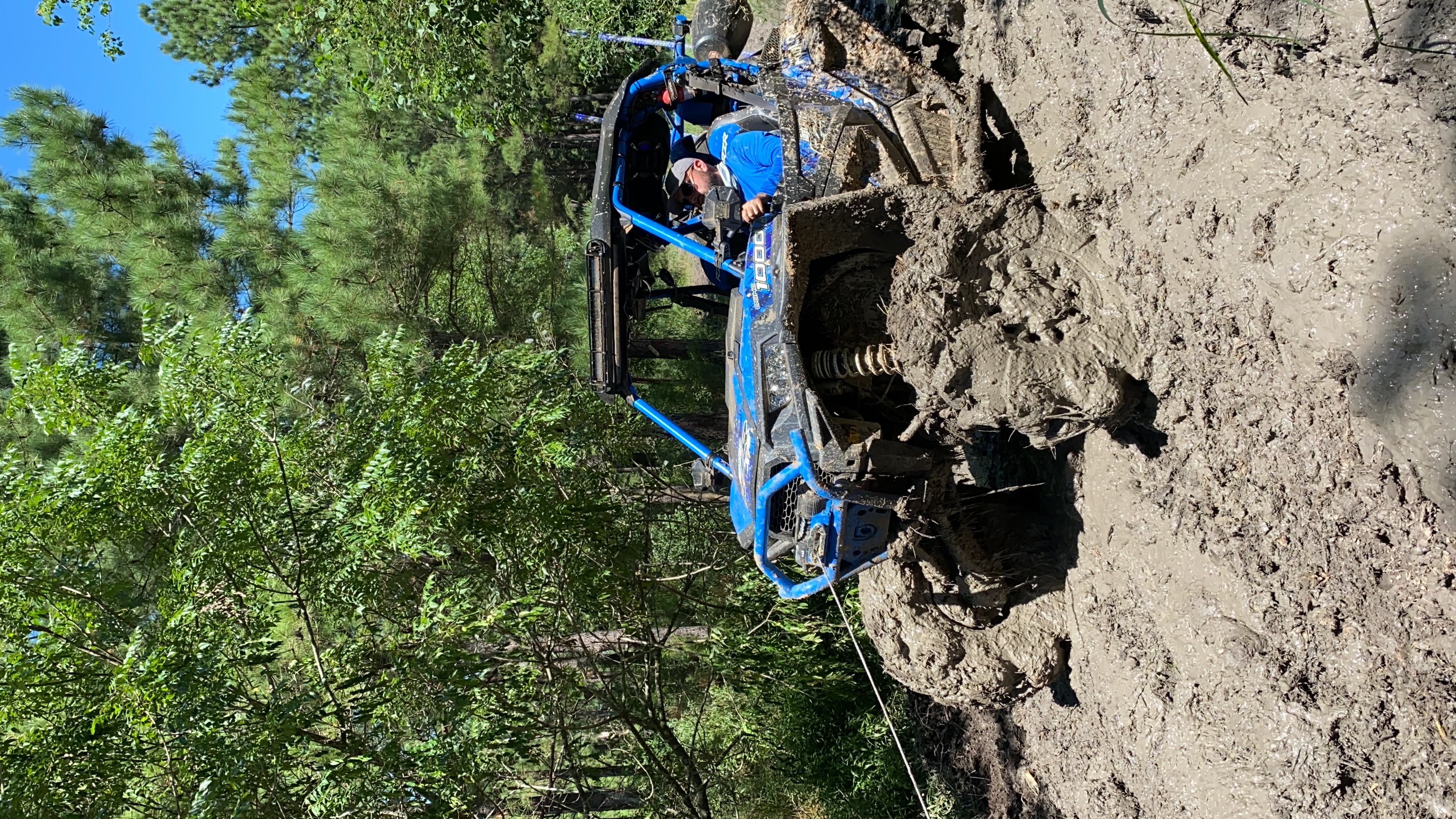
Choosing The Right Winch Line: Synthetic Rope vs. Steel Cable
November 12, 2024
When it comes to ATV winching, having the right line can make all the difference. The debate between synthetic rope and steel cable has been ongoing for years, with each offering its own set of advantages and disadvantages. At RGV ATV Repair, we believe that choosing the right winch line depends on your specific needs and how you plan to use your ATV. In this article, we’ll go through the pros and cons of synthetic rope and steel cable to help you make an informed decision.
Steel Cable: The Classic Choice
Steel cable has been the traditional choice for winch lines for decades, known for its durability and strength. Made from braided steel wires, it’s highly resistant to abrasion and performs well under tough conditions. Here’s a look at the pros and cons:
Pros of Steel Cable
- Strength and Durability: Steel cable is highly durable and can withstand heavy loads, making it ideal for rugged conditions and frequent use.
- Resistant to Heat: Steel cable is less likely to degrade due to friction or heat, which can be beneficial in high-intensity winching situations.
- Abrasion Resistance: Steel is less prone to fraying when dragged over rocks or rough surfaces, making it a strong choice for challenging terrain.
Cons of Steel Cable
- Weight: Steel cable is significantly heavier than synthetic rope, which can add weight to your ATV and be more difficult to handle.
- Safety Risk: Steel cable can snap under extreme stress, creating a dangerous recoil effect. Handling broken steel cable requires caution to avoid injuries.
- Corrosion: Steel cable is prone to rust if not properly maintained, especially when exposed to moisture or mud.
Synthetic Rope: The Modern Alternative
Synthetic rope has gained popularity in recent years as an alternative to steel cable. Made from high-tech materials like Dyneema, synthetic rope is strong, lightweight, and easy to handle. Here are the advantages and disadvantages of using synthetic rope:
Pros of Synthetic Rope
- Lightweight: Synthetic rope is much lighter than steel cable, reducing the overall weight on your ATV and making it easier to handle.
- Safe in Case of Breakage: If synthetic rope snaps, it does not have the same recoil effect as steel cable, making it safer for the user and anyone nearby.
- Floats on Water: Synthetic rope is buoyant, making it easier to recover if submerged in water or mud.
Cons of Synthetic Rope
- Vulnerability to Heat: Synthetic rope can degrade with excessive friction or heat, which may limit its durability in intense winching situations.
- Susceptible to Abrasion: Synthetic rope is more prone to fraying on rough surfaces, so it may require a protective sleeve or frequent replacement.
- Maintenance: Synthetic rope requires regular cleaning and inspection, as dirt, sand, and UV exposure can weaken it over time.
Which is Right for You?
When choosing between synthetic rope and steel cable, consider how you plan to use your winch. If you frequently tackle rugged, rocky terrain and need maximum durability, steel cable might be the best choice. However, if you’re looking for a lightweight, easy-to-handle option with safety in mind, synthetic rope could be the better fit.
At RGV ATV Repair, we offer both options and are here to help you decide on the best winch line for your needs. Stop by our shop or give us a call to learn more about winch lines and how we can support your ATV adventures.